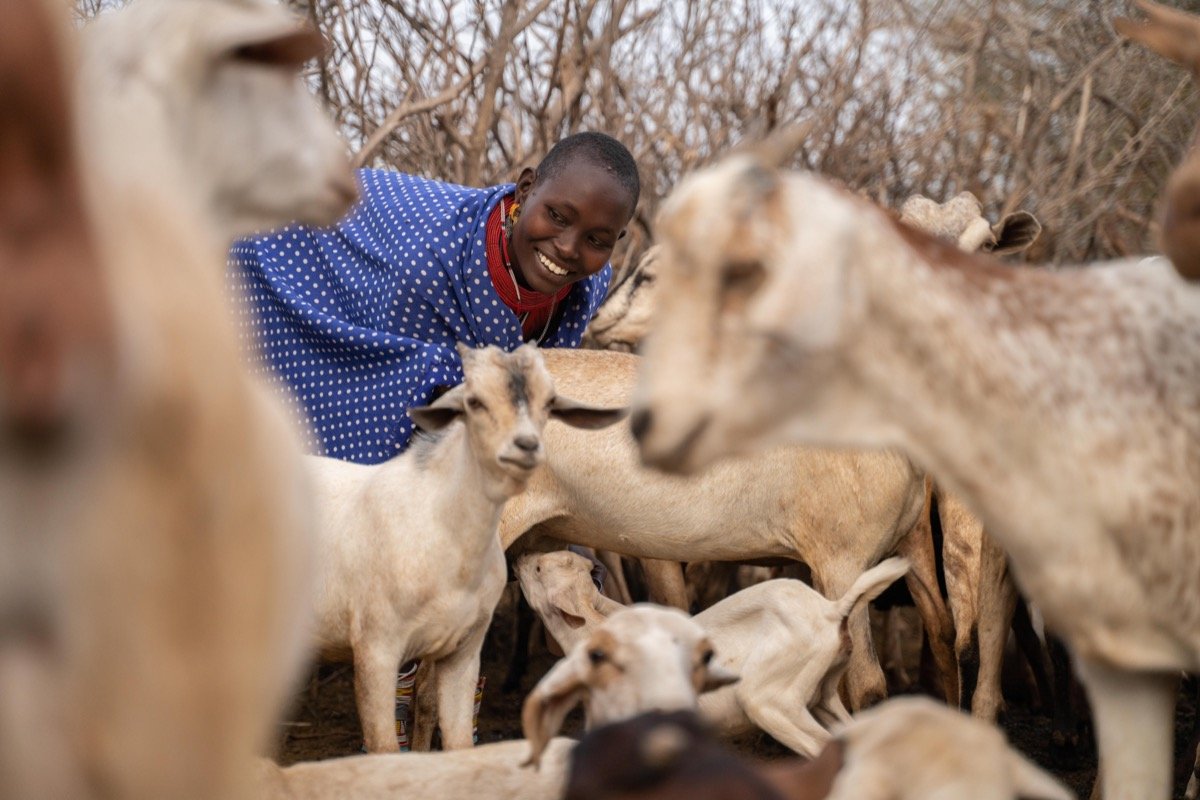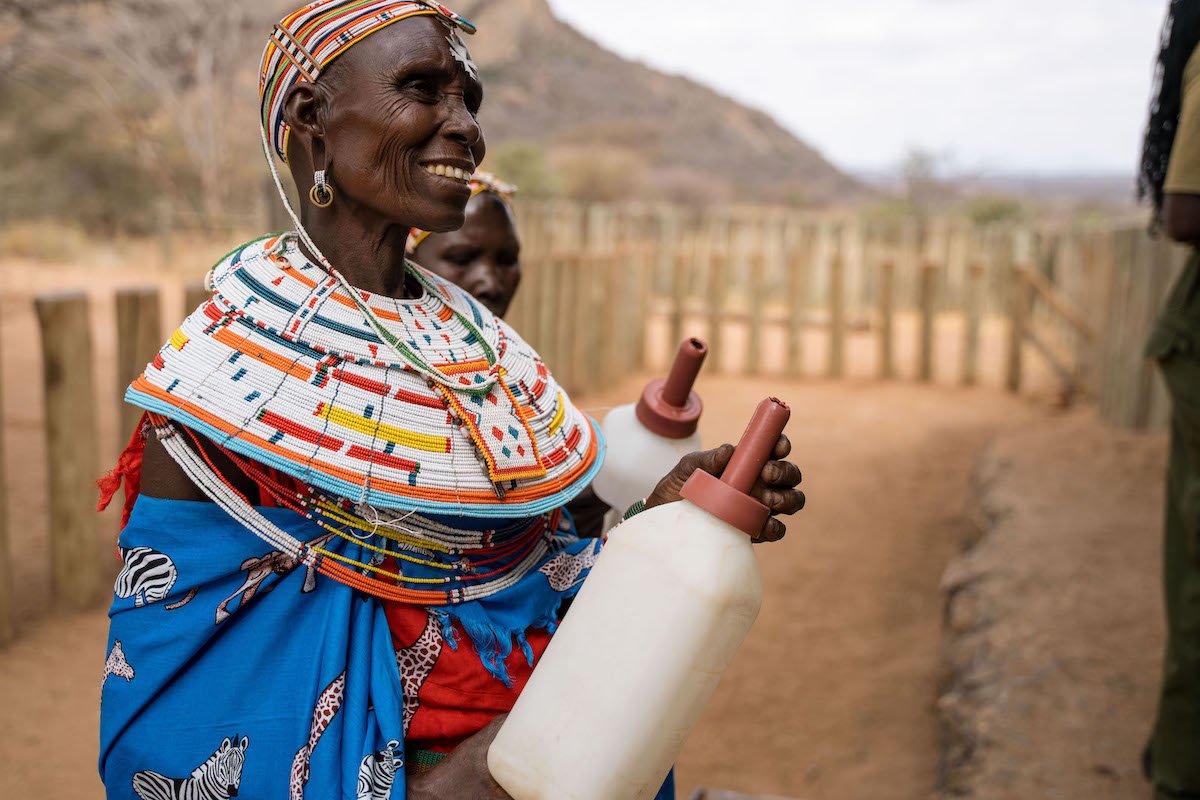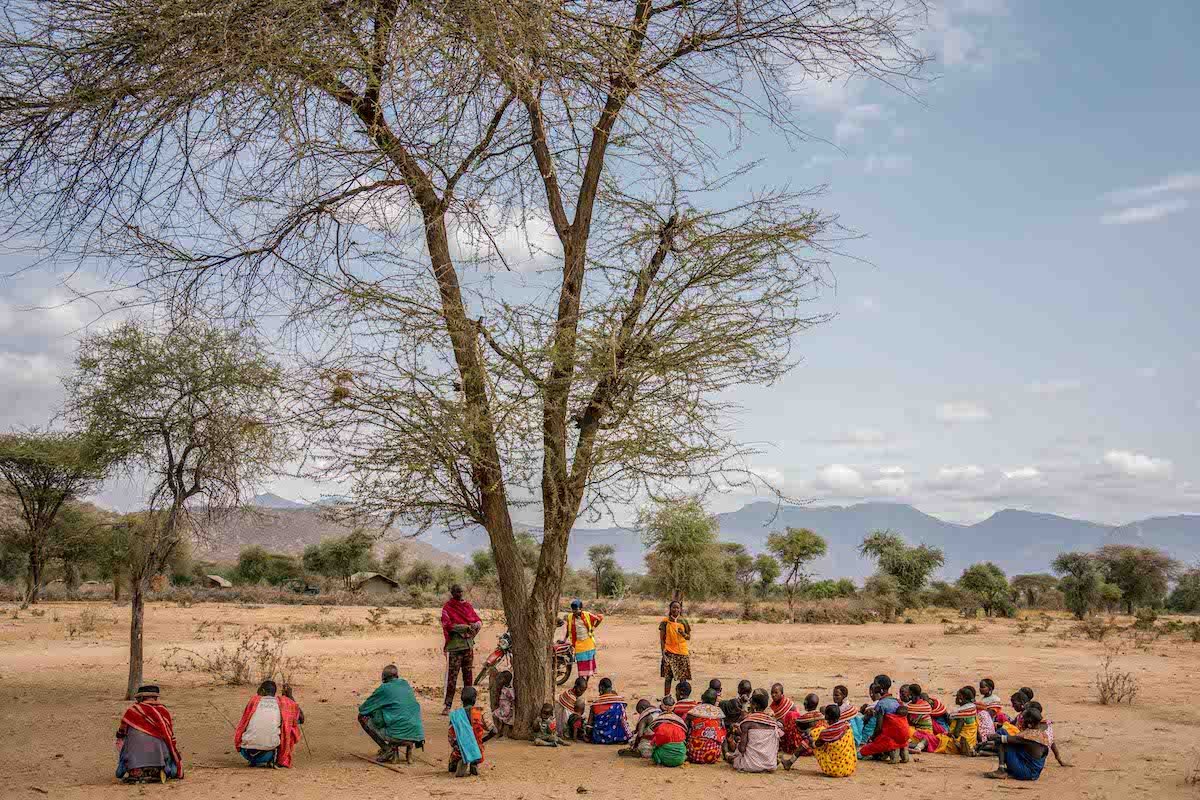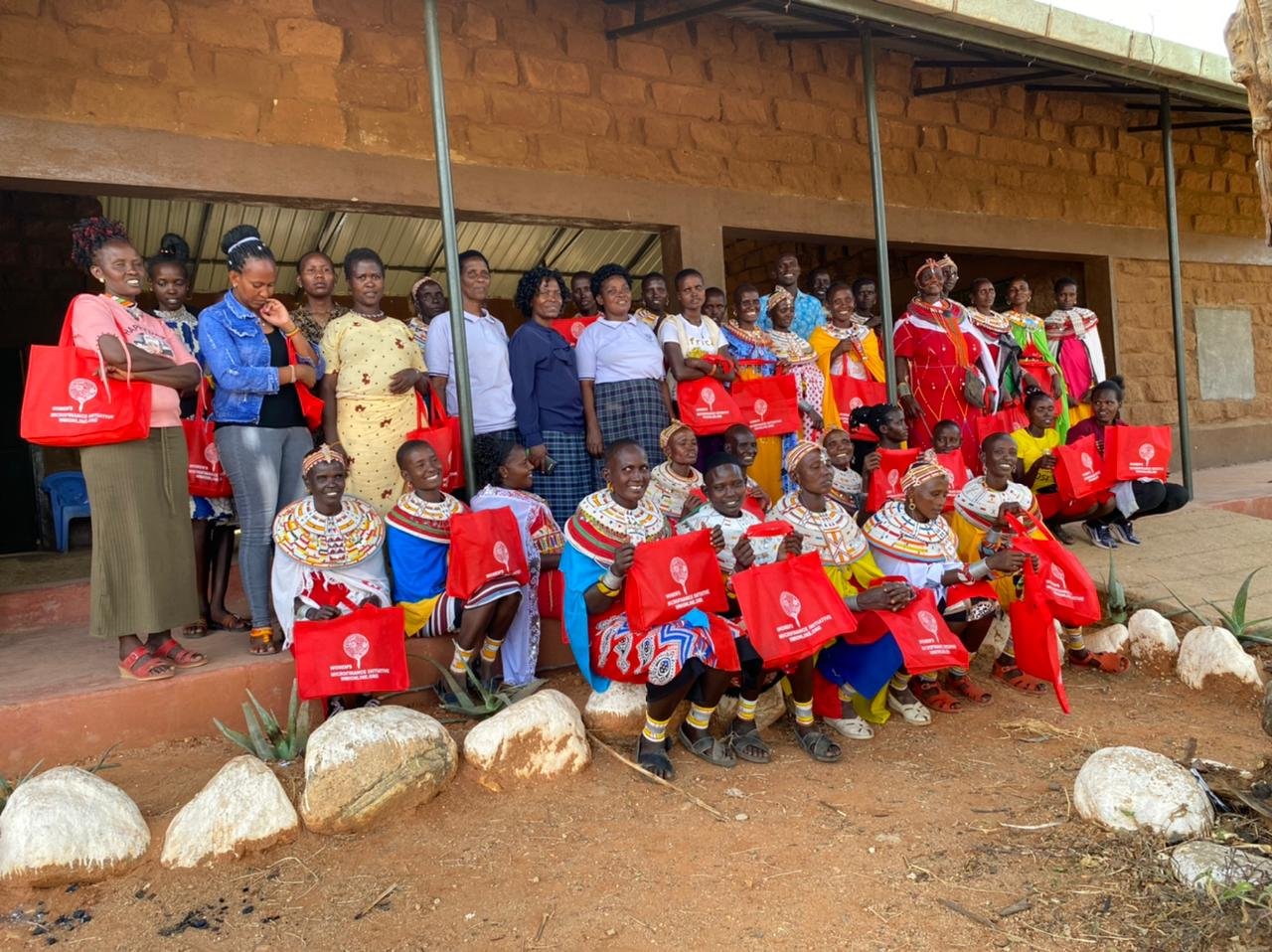THE SARARA FOUNDATION & RETETI ELEPHANT SANCTUARY’S
Milk to Market Program
The Milk to Market Program enables Indigenous Samburu women to sell their excess goat milk to Reteti Elephant Sanctuary – supporting their economic growth and helping rehabilitate rangelands.
Support Indigenous Samburu Women
There’s a ripple effect throughout the conservancy with every bottle of milk that’s provided to Reteti – and it reaches far and wide!
Boosting the welfare of the Samburu community, it also supports the rehabilitation of Namunyak’s rangelands – the very landscape in which Reteti’s elephants will ultimately be rewilded and released.
Make a Donation
A one-time gift helps us today. A monthly gift helps us plan for tomorrow — join The Herd!
OTHER WAYS TO SUPPORT THE MILK MAMAS
Transforming lives and the landscape
Born from a need to supply Reteti’s elephant orphans with locally sourced milk during the pandemic, the program today not only benefits the entire Reteti herd, but economically empowers local Samburu women, supports the Reteti Elephant Sanctuary with a superior milk formula, and takes measures to reduce stress on the surrounding environment by improving animal husbandry and pasture management through more sustainable practices.
Economic empowerment
Women have been called the “hidden hands” of pastoral production as their roles have largely gone unrecognised and unpaid. Today, there are more than 1,000 women in Namunyak, across 21 manyattas (homesteads), who collectively supply 680 litres of milk every day.
Through the sale of their goat milk, the Milk Mamas are earning stable incomes – many for the first time! The program has also helped them to open their first bank accounts. They can now afford to pay their children’s school fees, save for the future, and support both their families and the broader community.
Natural, locally sourced milk for Reteti’s elephants
The program ensures that Reteti Elephant Sanctuary has a sustainable supply of a superior milk formula. During the first year of the program, the new goat milk formula had a 100% success rate with calves under 6 months – which is historically the most challenging stage of their development.
The goat milk has also reduced the need to import tinned milk – halving Reteti’s annual milk budget, and reducing the carbon footprint associated with importing milk.
Follow the milk
Our Impact
2021 - 2024
Milk Mamas
Currently, 1,280 Milk Mamas supply Reteti Elephant Sanctuary with fresh goat and camel milk every day. 60% increase since 2023 - boosting the welfare of the community and the Namunyak landscape.
Milk collected
In 2021, the program started with 160 liters of milk per day. Today, the Mamas sell 680 litres of milk to Reteti per day.
Rangeland Rehabilitation
More than 5,000 bunds have been built and substantial area of grassland was regenerated with indigenous grass seeds.
Expansion
Starting with one village, the program now includes 21 different manyattas – and a team of 11 motorcycle (boda-boda) drivers who collect and deliver milk from these remote manyattas to Reteti.
Machinery
When we first started out, the fresh milk was heated over a fire to be pasteurised. Today, we have 2 industrial-sized pasteurisers and a cooler – as well as added solar to operate the machinery.
Cost Savings
Switching to community milk has resulted in a monthly saving of $45,000 for Reteti. As milk is not imported from overseas, the money goes directly to the community.
Rangeland rehabilitation
The Milk Mamas and Eco Rangers are continuously working on restoring deteriorated land by constructing bunds, collecting grass seeds, reseeding, building gabions to manage erosion, and more.
The rehabilitation of rangeland enhances both pasture accessibility and soil health, paving the way for the creation of seed banks. These banks then facilitate the cultivation and collection of seeds for pasture growth (known as seed bulking).
It’s also helped to significantly reduce tension between communities and wildlife over resources, particularly during dry seasons.
Educate a woman, uplift a community
The Milk Mamas receive monthly training from the Eco Rangers to discuss holistic land management practices, such as animal husbandry, rangeland management, grazing practices, erosion control and more.
Through these sessions, the Mamas are equipped to produce higher-yielding livestock, prevent excessive grazing, and enhance the rangeland's condition. Elevating the amount and quality of feed for their livestock also contributes to more consistent food availability for the community.
FUTURE OF THE PROGRAM
Our goal is to expand the Milk to Market program throughout Namunyak to create meaningful change for hundreds of community members – especially women – without harming the very ecosystem the program is designed to protect.
With the potential to double the number of participating women, while also preserving a broader portion of the Namunyak ecosystem, we aim to expand the Milk to Market program to further the reach within Namunyak Community Conservancy.
The logistics of a remote landscape make it challenging to expand – the milk can easily spoil or spill on the way to Reteti because of long travel distances, bad roads and heat exposure. Solutions like a milk dispensary and dairy equipment are needed to ensure that we don’t become a victim of our own success.
We are also set to explore alternative milk markets, such soap and organic skincare – as having more outlets will add resilience to the program, and help develop additional economic opportunities.
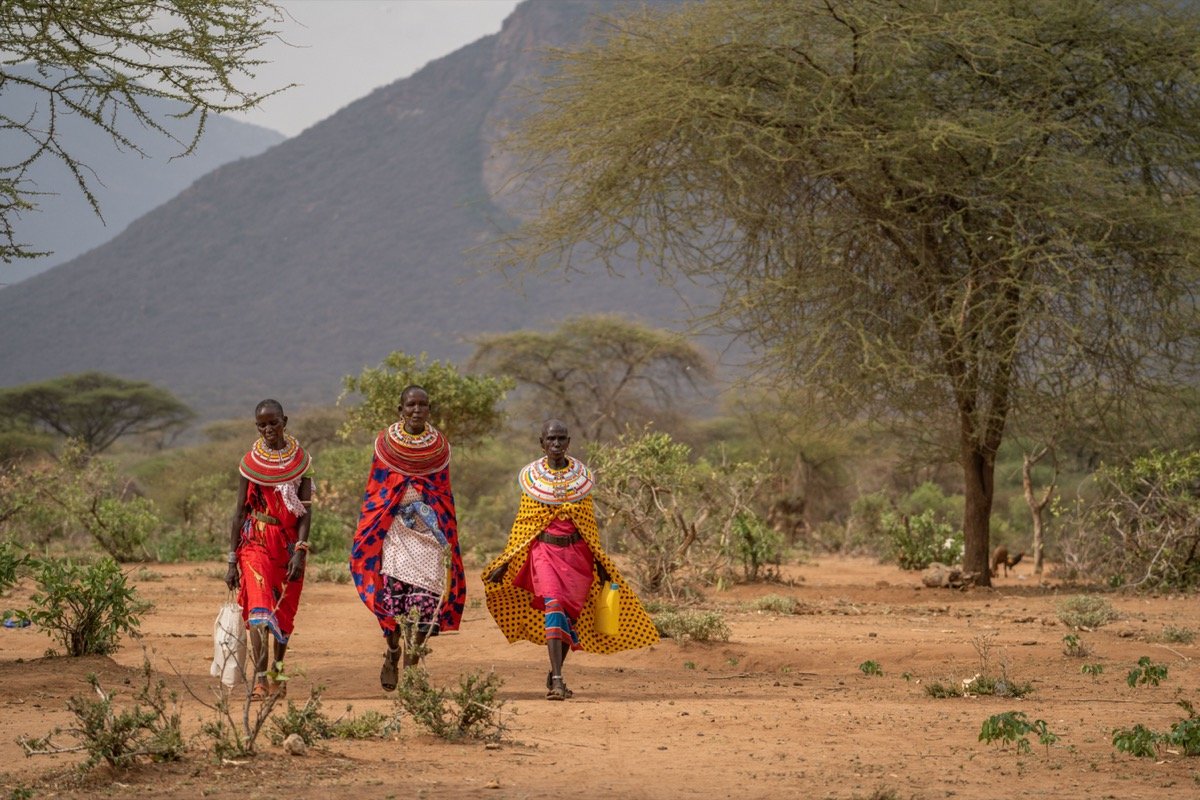
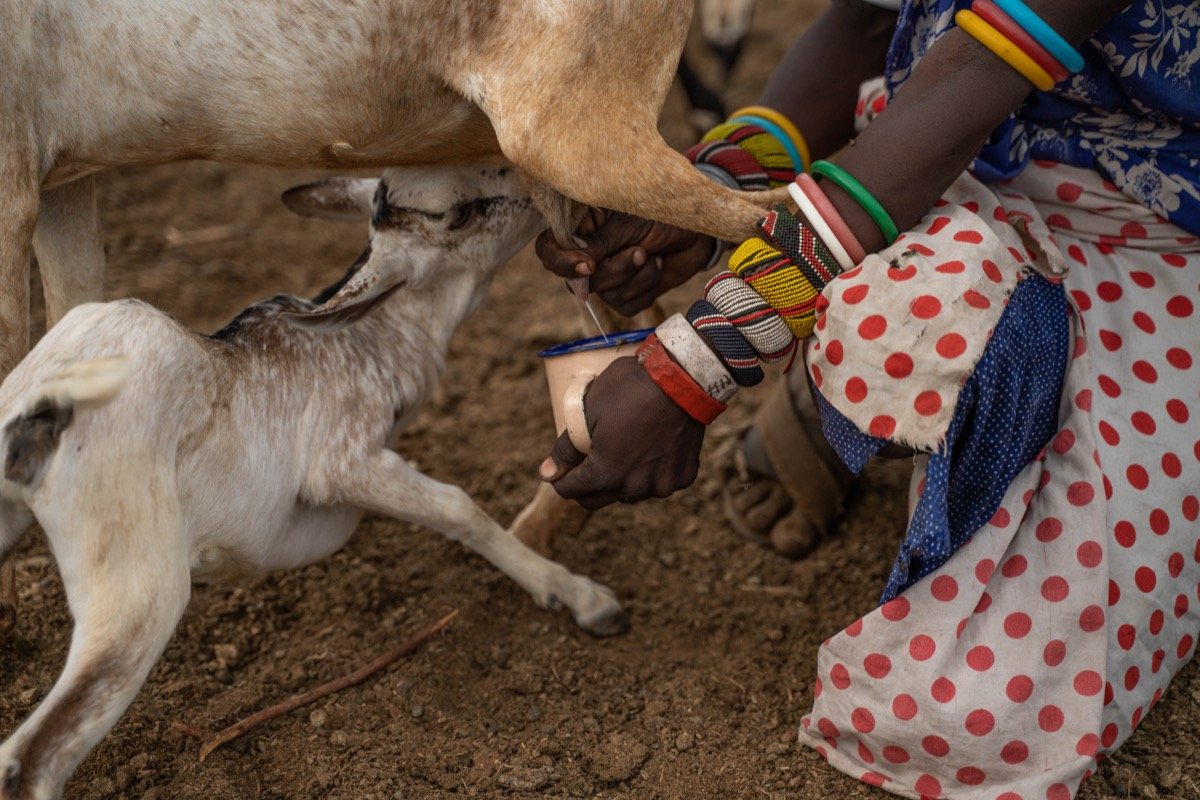
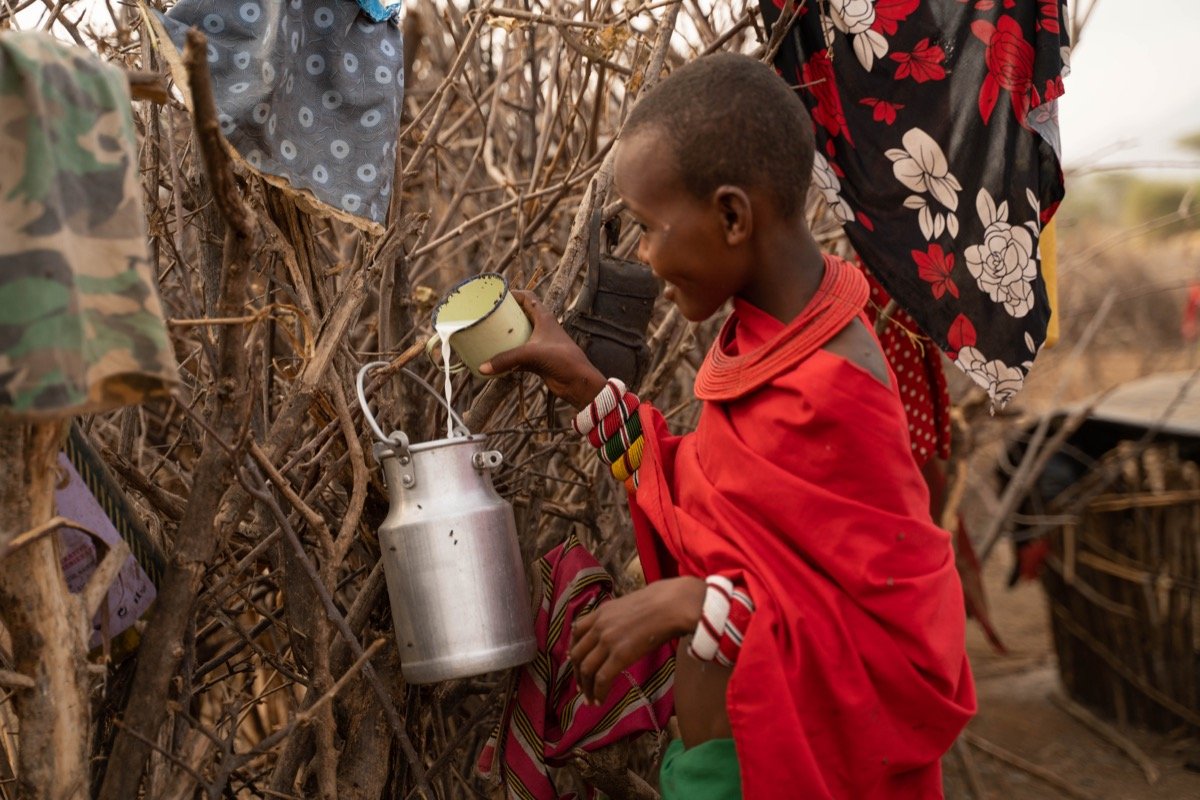
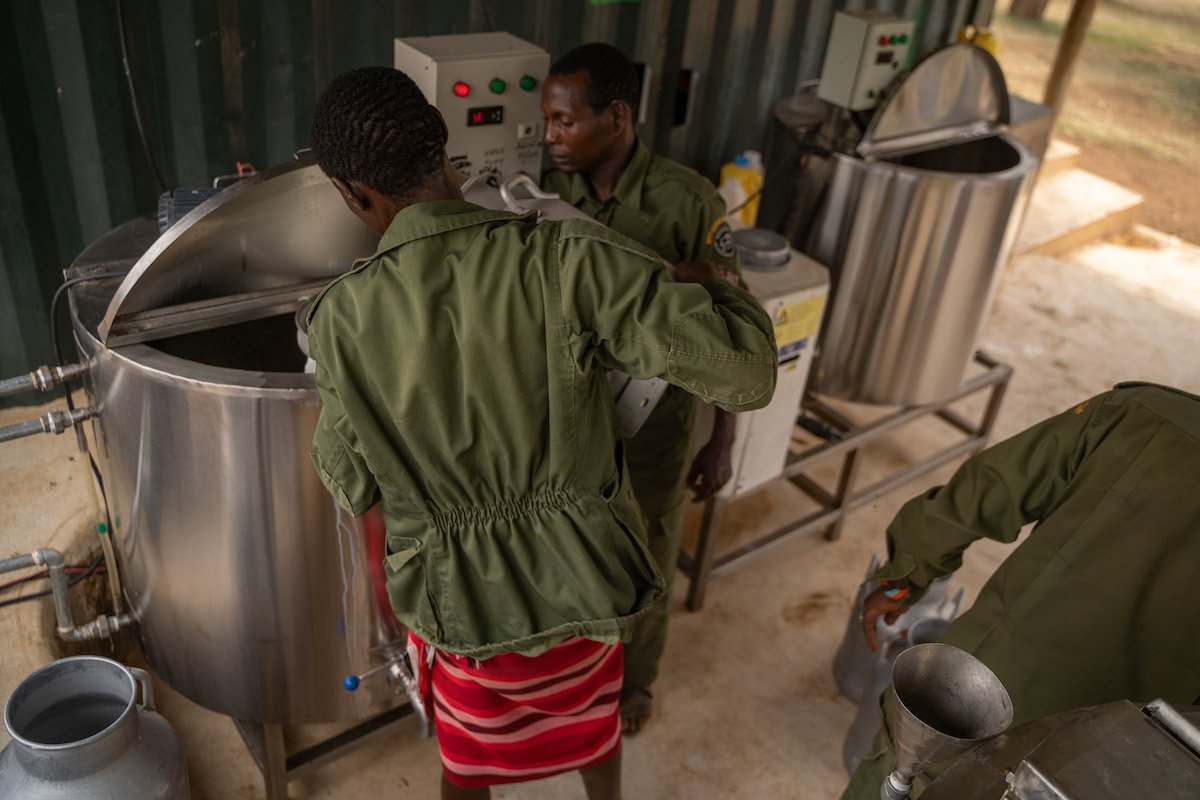
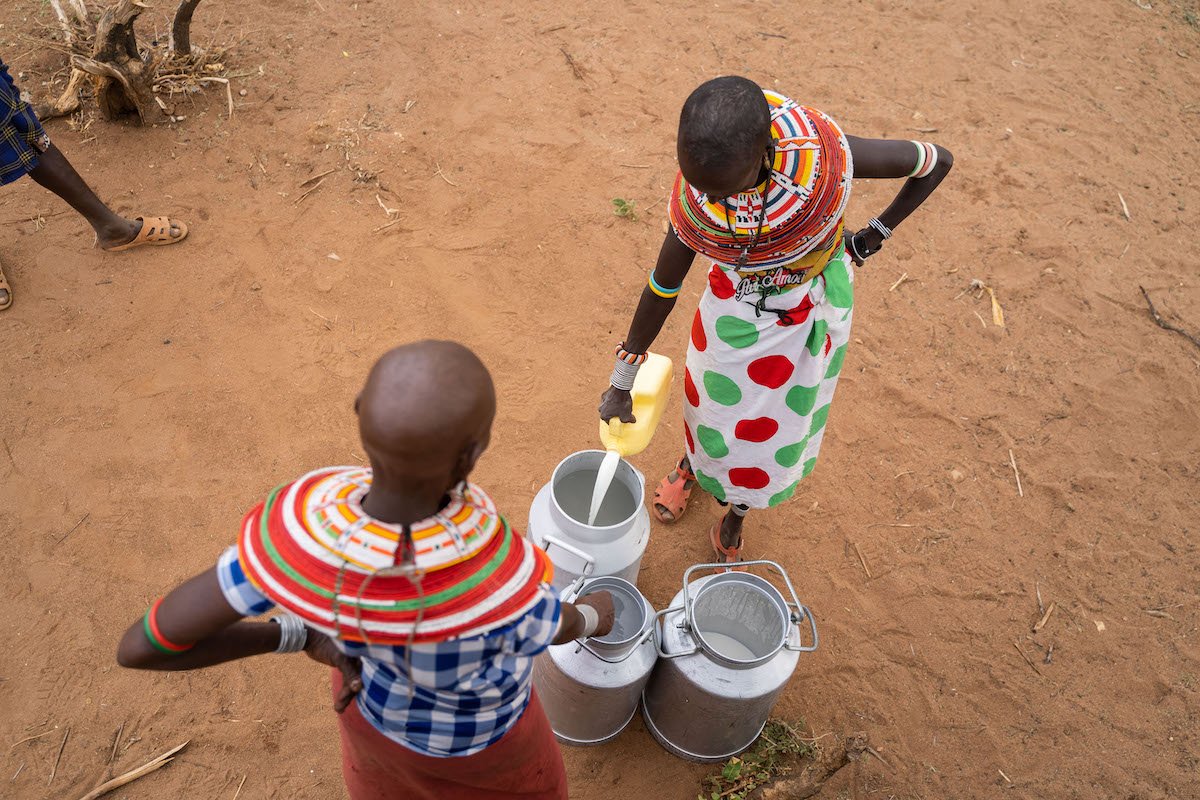
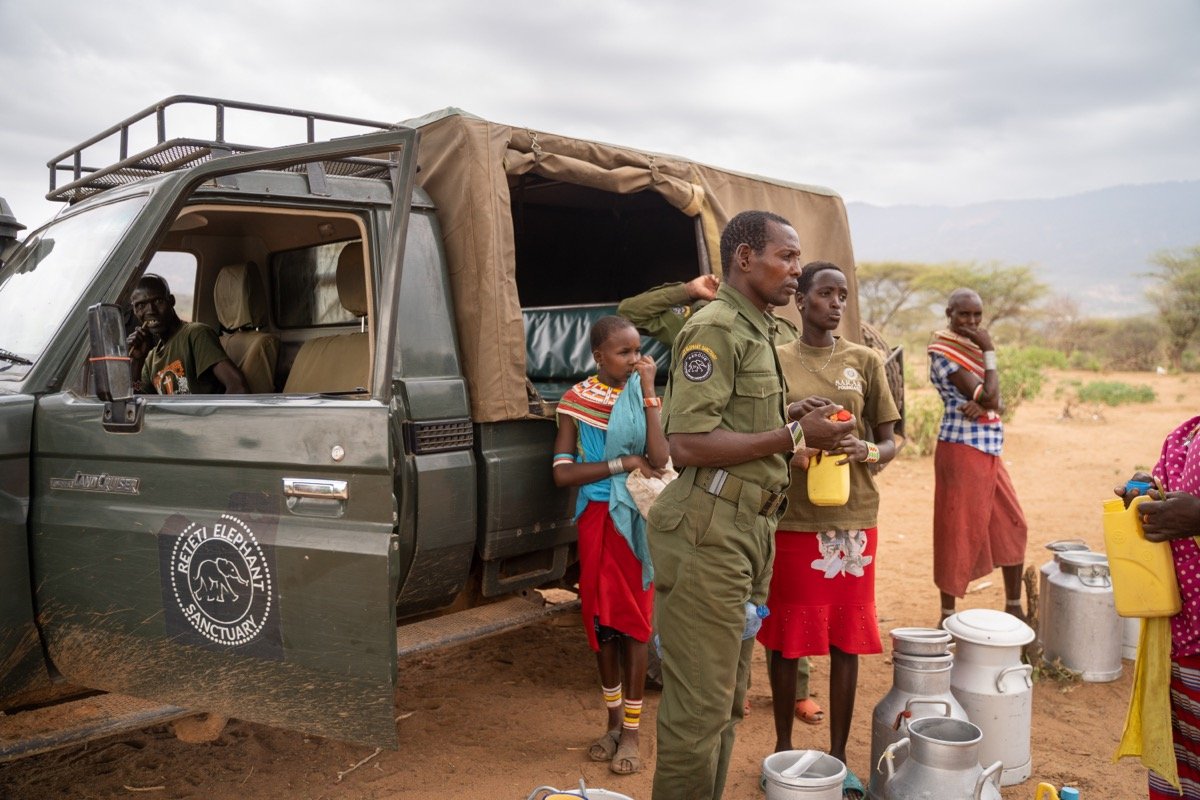
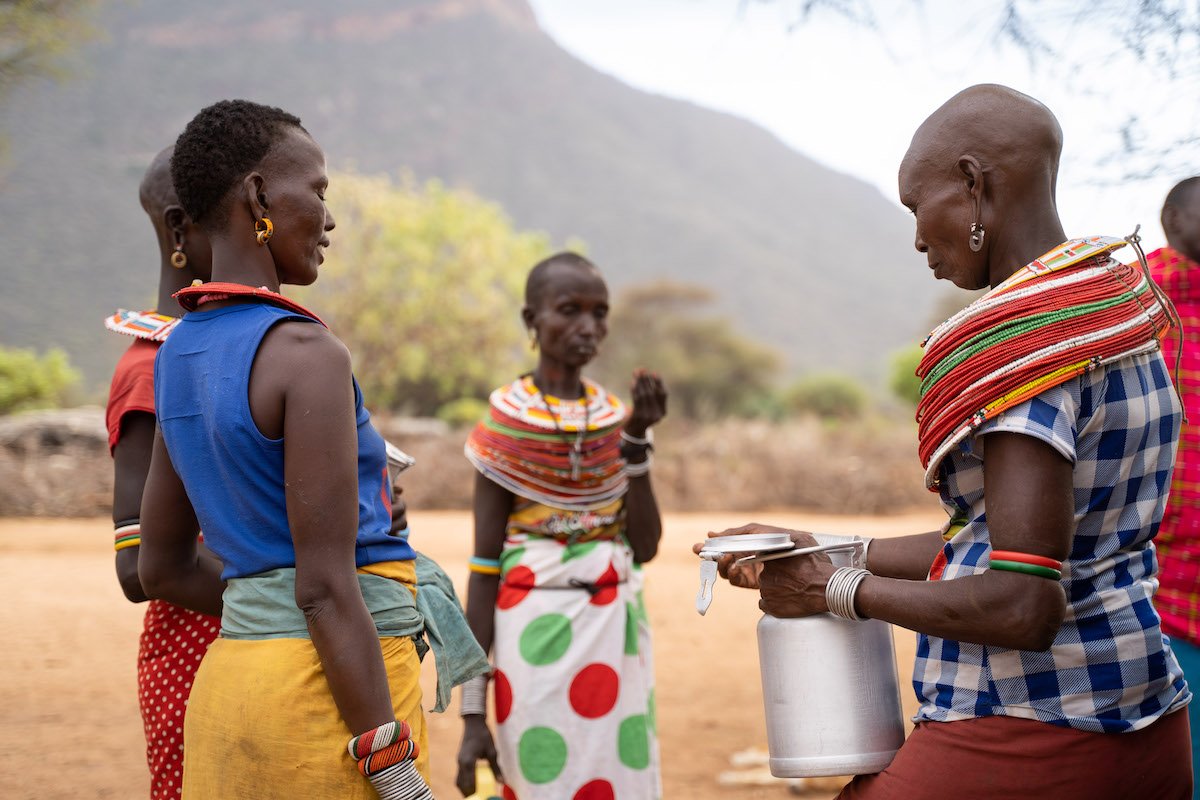
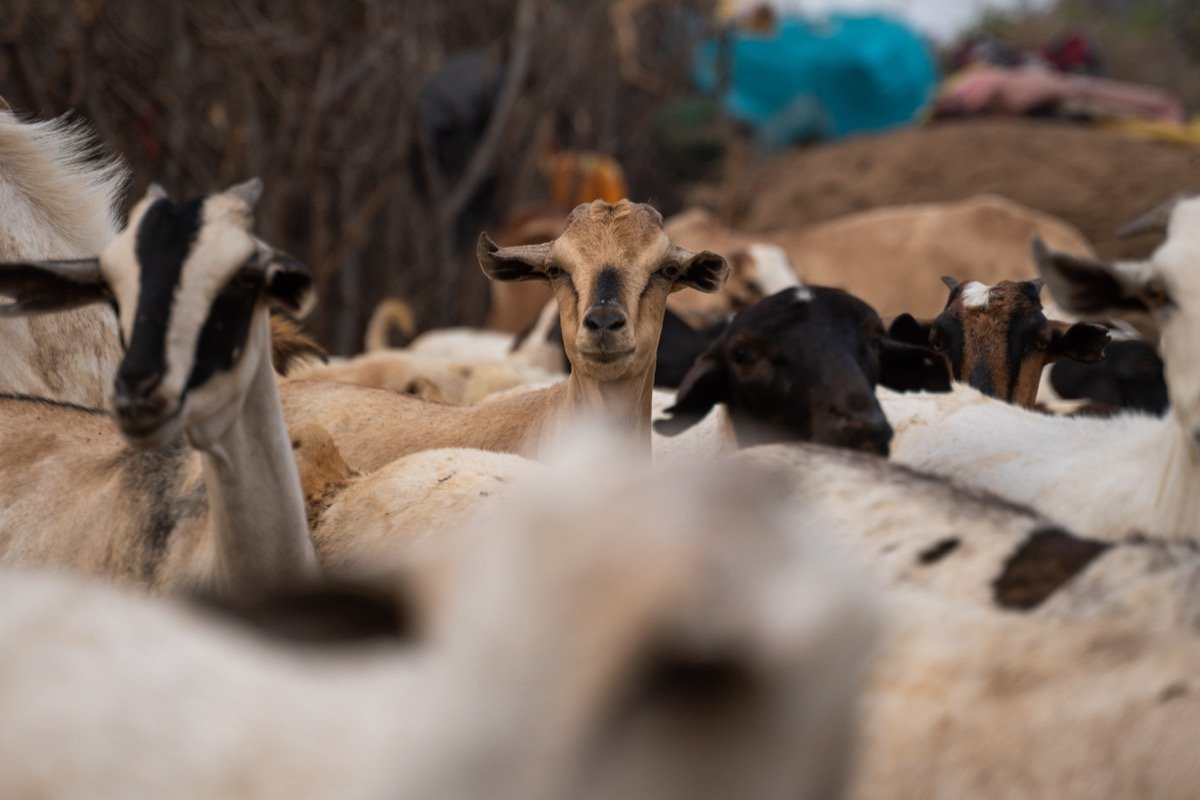
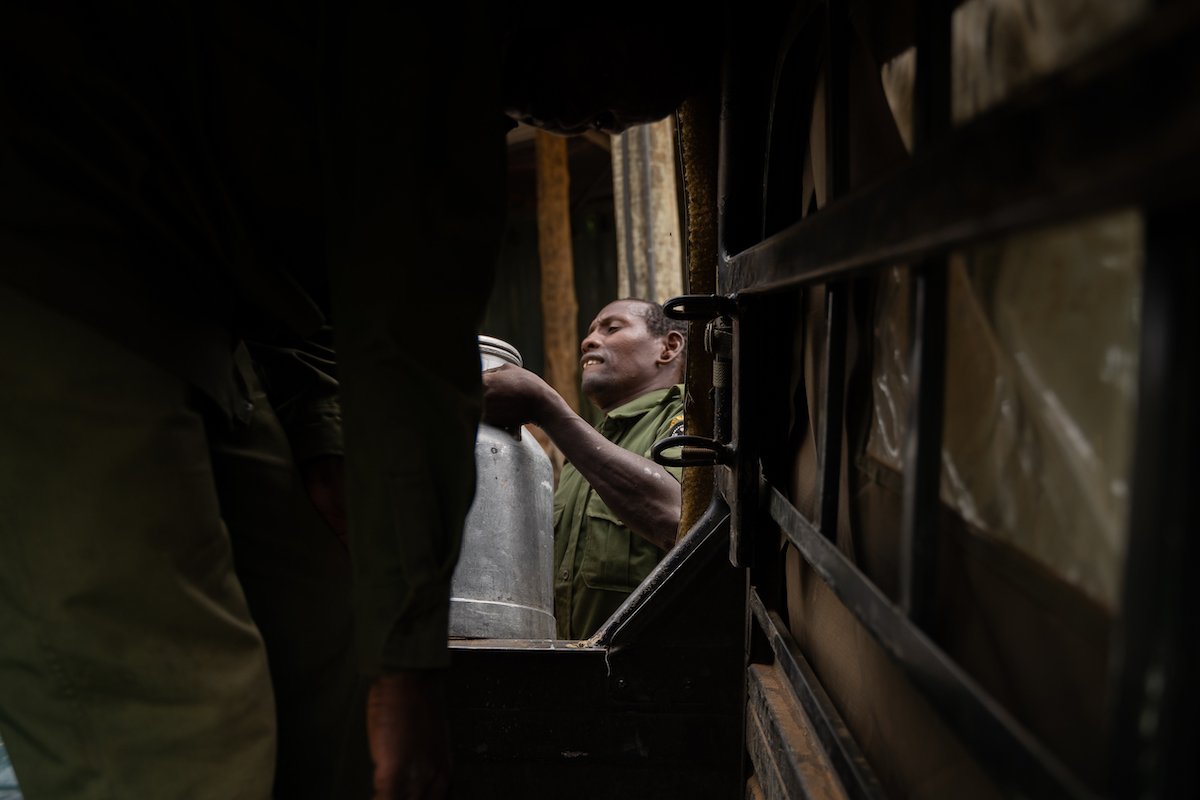
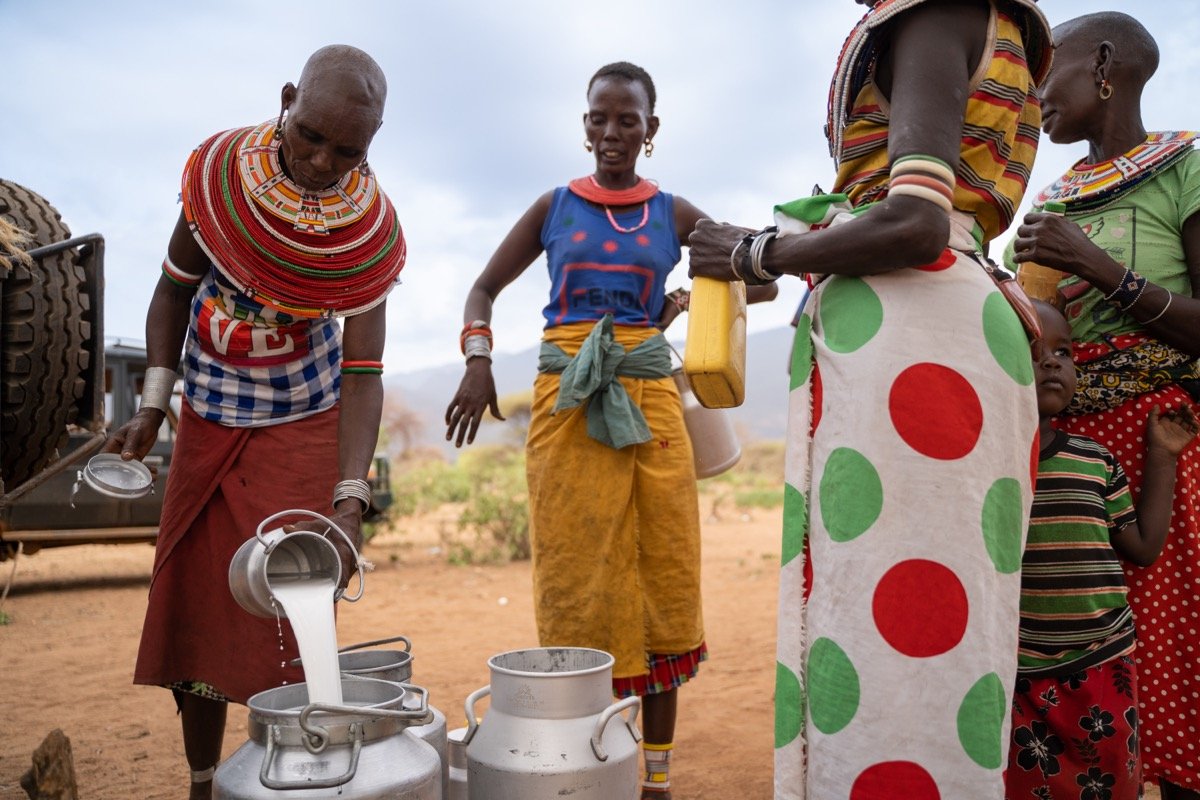
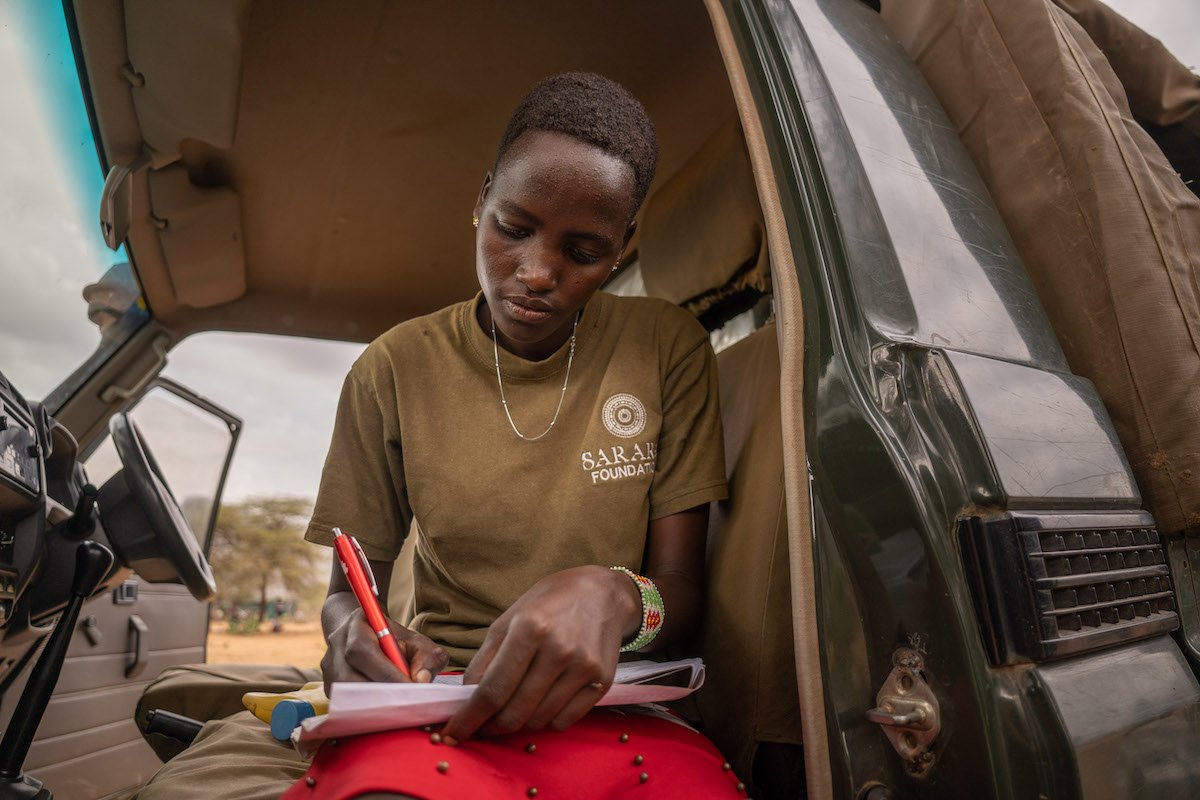
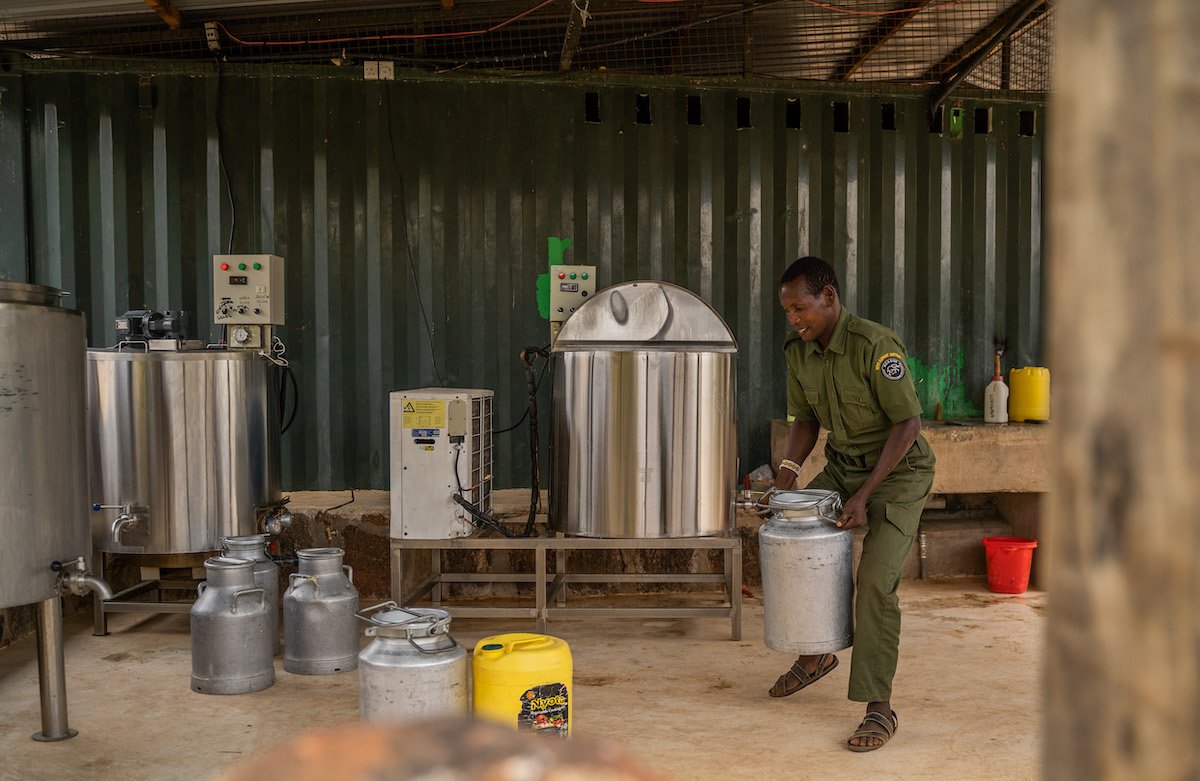
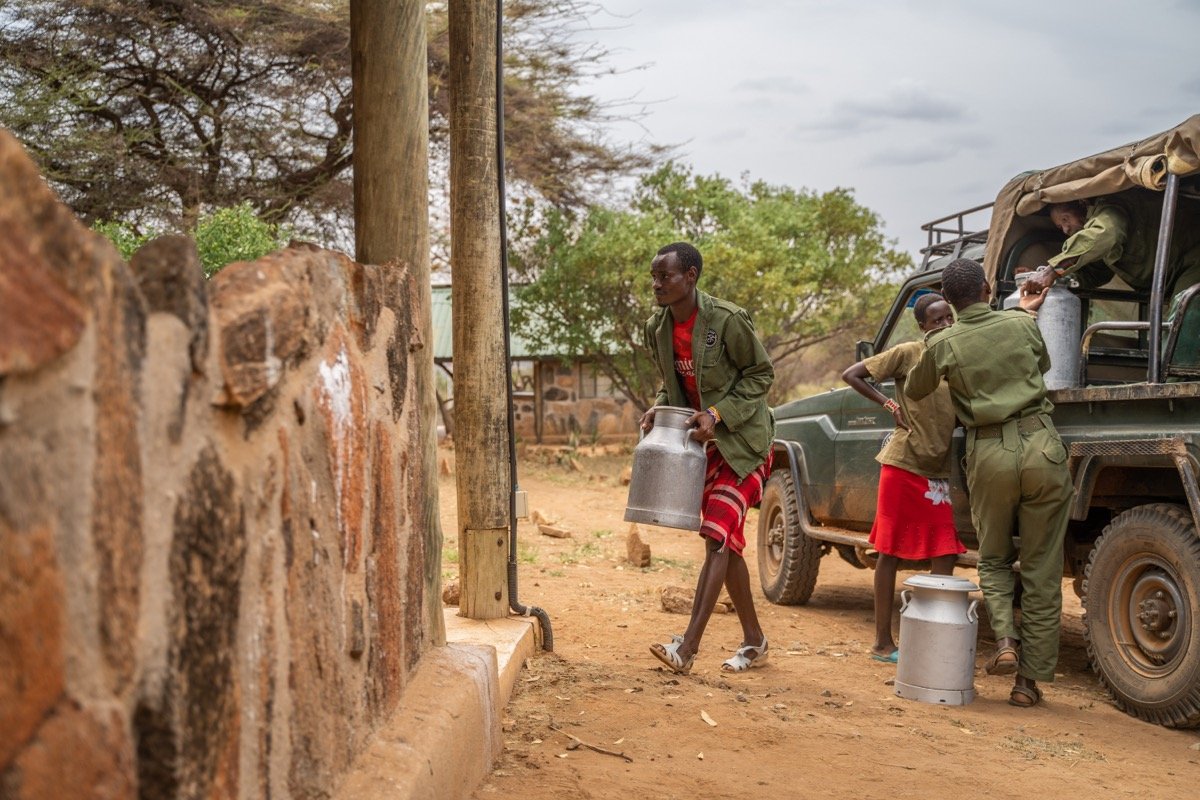
Feedback from the community
News from the Milk Mamas & Eco Rangers
Meet the Team
-

Saidimu Leakono
ECO RANGER
-

Hendrienah Letiwa
ECO RANGER
-

Baraka Lekerpees
ECO RANGER
-

John Looku Lekupanai
ECO RANGER
SUPPORT THE MILK TO MARKET PROGRAM

